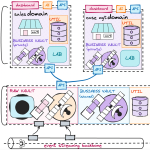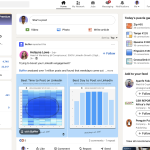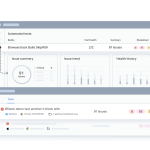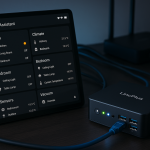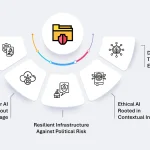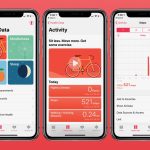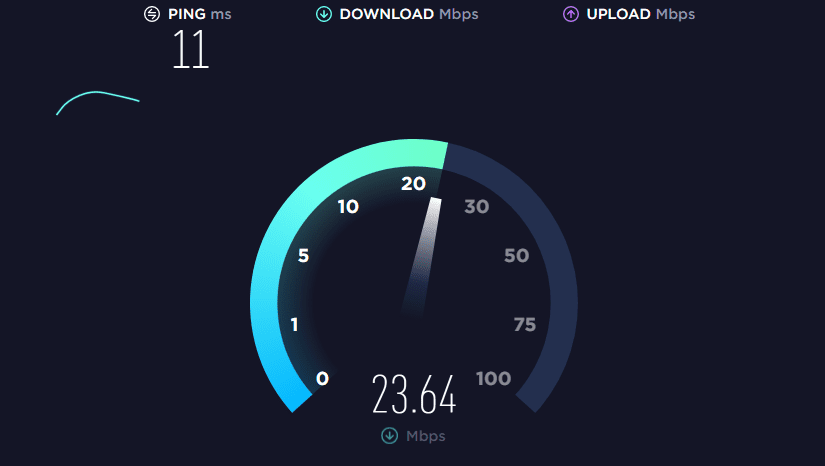
VPN slows the Internet down by routing data into a private tunnel and locking it, so that no one can read it without an encryption key.
Even your Internet speed is impacted by such things as where you are connected and how heavy you are on it. Doing a speed test will also show you any negative impact the VPN is making on your connection.
Security.
Transferring VPN server locations is one simple way to boost internet speed. A server’s latency (length of time a packet takes to be received by a server) is inversely proportional to the proximity of the server. So too is protocol selection – NordVPN also provides their own proprietary protocols, which are known to be speed boosters for other VPNs.
Restarting your router or modem also can speed up VPN connection as well by clearing away memory leaks or other temporary issues that impeded connection speed. Then if that still happens perform a speed test to figure out whether it’s actually VPN usage itself or another issue such as bandwidth throttling; after that contact your ISP or switch to faster Internet plans as necessary; or you can use WireGuard, a new secure and fast VPN protocol that supports multiple devices and operating systems.
ADA Accessibility:
VPNs have high processing/broadband methods to scramble your data so make sure you have a device that can handle it before attempting to use it. Turning off any apps you don’t use would also increase performance a lot.
Bandwidth throttling, used by ISPs on high-traffic times, is an extremely degrading feature for gaming and streaming. The VPN can protect you by never giving other things first place.
Select a provider that has several servers on different sites: this minimizes data distance, which will lead to faster speeds. The most popular one is VeePN, which has servers in 89 countries around the world and provides fast connections. Also consider connecting to a server near where you’re physically located — this minimizes latency and avoids slow downs when it gets too busy. Do a web-based speed test to determine your connection speeds — you’ll be able to view your download/upload/ping speeds and your score.
Privacy: Private.
VPNs slow down your internet at least a little bit (because encryption takes some time and you have to pay for more overhead costs), but that’s usually nothing and is more than made up for by their extra layers of security and geo-blocking features.
In the case of your VPN service and your location, a change in server or protocol might boost speeds substantially. UDP is usually more reliable than TCP; in some branded VPNs you can have exclusive protocols that promise further improvement.
Even restarting your device could help you with slow VPN speeds, getting rid of any built-up memory that may be causing connection issues. : reboot your computer, phone, router and any affected access points in your network and restart if it still doesn’t fix the problem. Disable antivirus/firewall software temporarily for additional assistance.
Reliability is — Another one of my favorite terms.
VPNs keep your traffic safe from ISP throttle according to your internet activities, like streaming, gaming and torrenting. Whenever performing bandwidth-intensive activities such as these, it can sometimes result in a slowdown but this shouldn’t be the case when using a trusted VPN provider like NordVPN.
You should choose a closer server to your address to make VPN more faster, by minimizing the amount of data that needs to pass across the globe — resulting in latency.
Reboot your router and devices to clean up memory leaks that can impact performance or go from Wi-Fi to wired and see if this helps you reduce slower speeds. If they persist, perform speed tests with and without VPN on to see if that’s the cause. You might have to upgrade your internet plan or hardware to overcome this.

